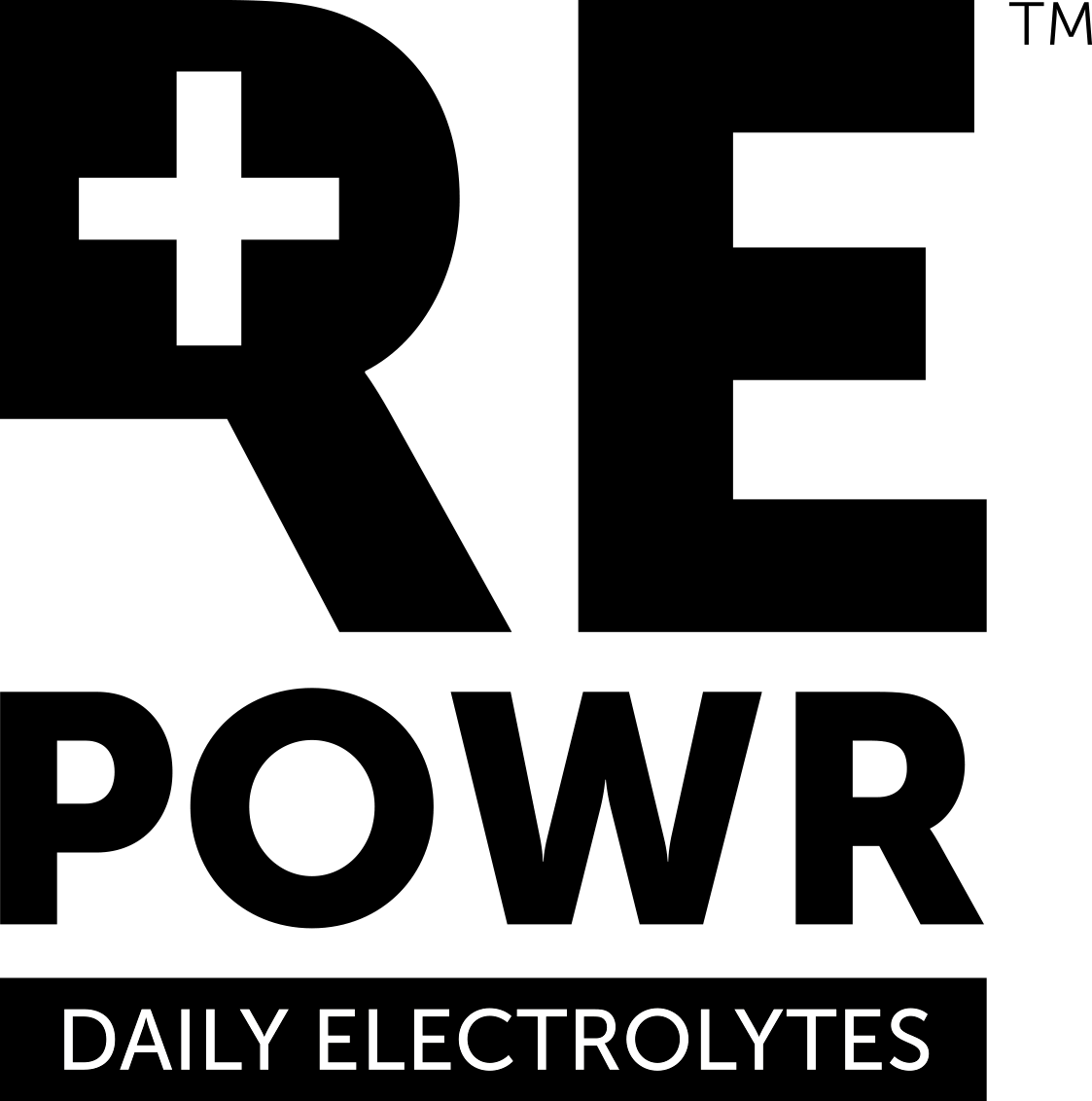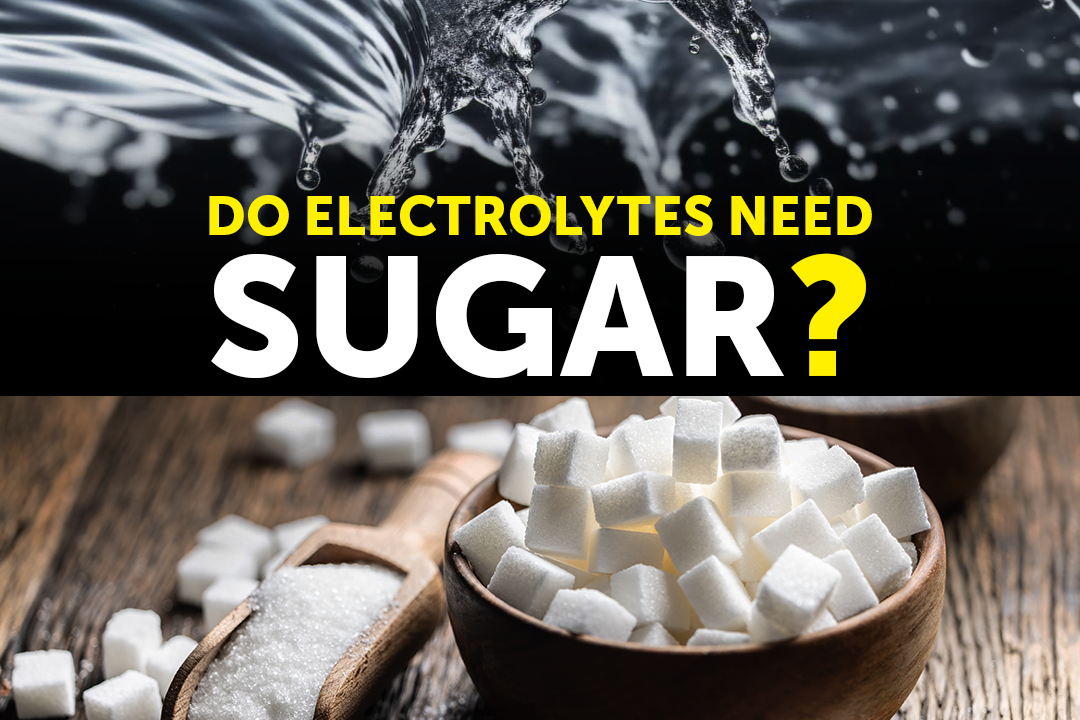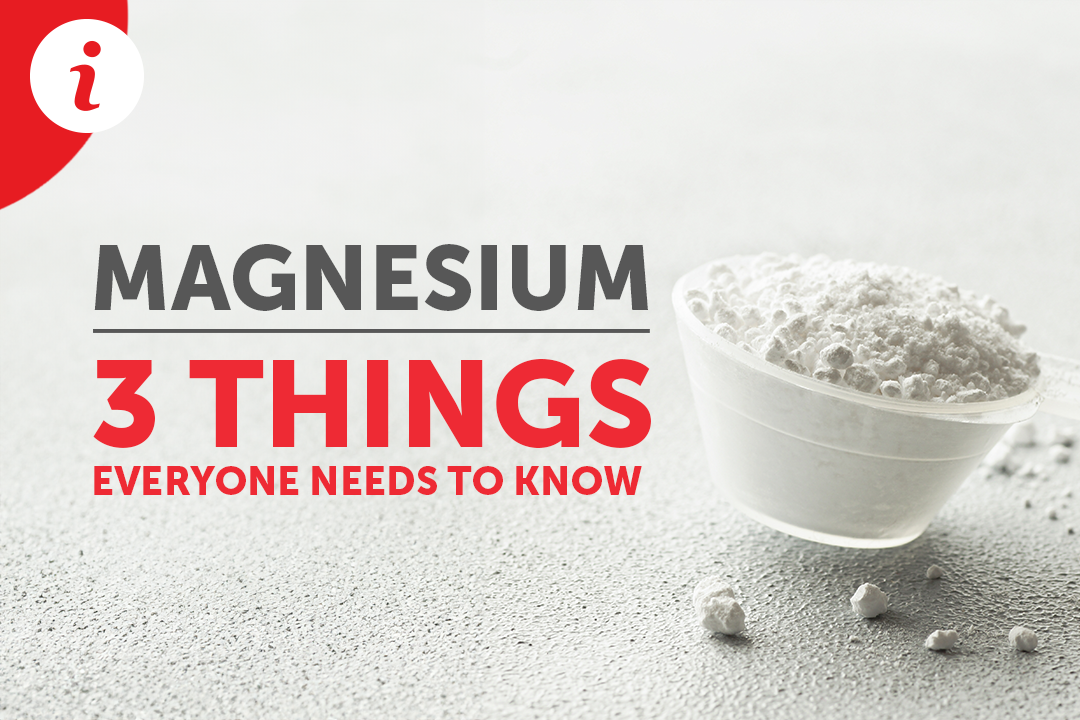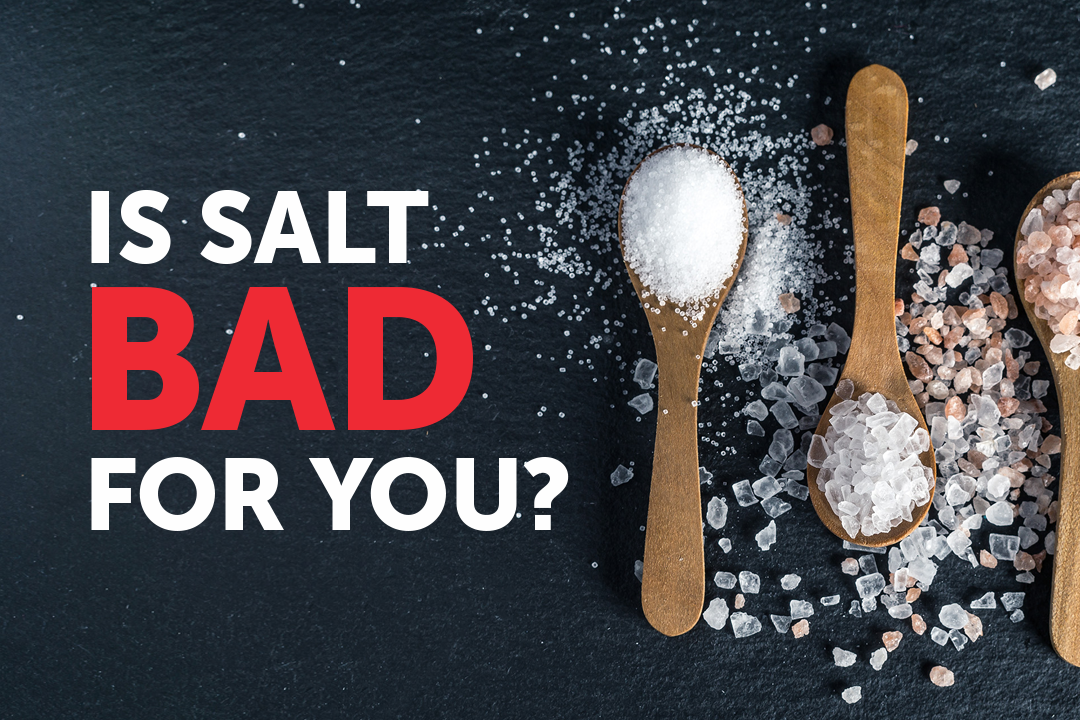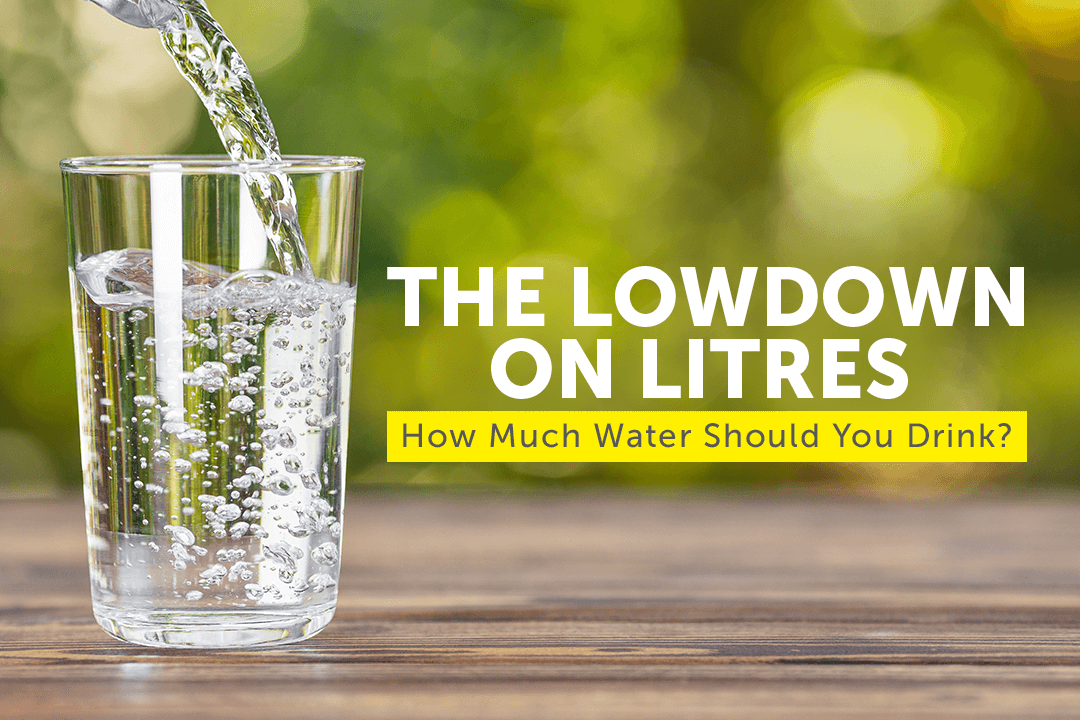Articles
Electrolytes have long been associated with a high sugar content. Many products contain upwards of 90% sugar. There's a long and interesting history as to why this is. But the world has changed. Come on a learning journey with us. It starts with cholera and ends with health. You'll discover why hydration therapy is regarded as one of the most important medical breakthroughs of the last century, yet has become outdated for modern life.
Magnesium is the miracle mineral that nobody seems to measure correctly. It is essential to your health, yet nearly everyone is deficient. Here's what you should know.
The push to consume less salt is not only standard health advice. It has become part of popular culture, so universally accepted that it is never questioned. Discovering how unconvincing the evidence actually is will therefore come as a surprise. And how harmful it may be to consume too little salt. Join us on this examination of the history and science behind the low salt guidelines. It isn't a short read. But you'll learn about salt sensitivity, how much you can consume safely and why drinking water can protect you against an ancient survival switch that may save your life in times of drought, but could kill you in the modern world.
When eating a clean diet that is low in sugar, refined carbs and processed food, you need electrolytes. Here's why.
Winter has arrived. Coffee and tea intake are up and water intake is down. You’re moving less and you feel like you’re sweating less. Hydration is not a top priority during the colder months. Perhaps, it should be.
Scan health magazines or ask a fitness trainer and the general consensus is “8 glasses of water per day” is required. The problem is that there isn't good science to back this up, nor is there any mention of electrolytes. We know that effective hydration requires both water plus electrolytes.
Are you low on energy while fasting? Do you get dizzy or shaky? How about slight headaches or brain fog? Electrolytes may be your secret weapon.
Hydration affects your brain in profound and wide-ranging ways. Learn why this remarkable organ is so sensitive to water and electrolyte status, what happens when your hydration is only slightly off, and why senior citizens are particularly vulnerable. Best of all, a simple hack can make all the difference.
Drinking enough water is especially important during breastfeeding. And, getting sufficient sodium has surprising benefits to both mother and baby. In this blog, we unpack the science, simply and cautiously.
How much water should one drink? What about electrolytes? Does sodium increase breast milk production? How about more water? Get the answers. It could make all the difference.
